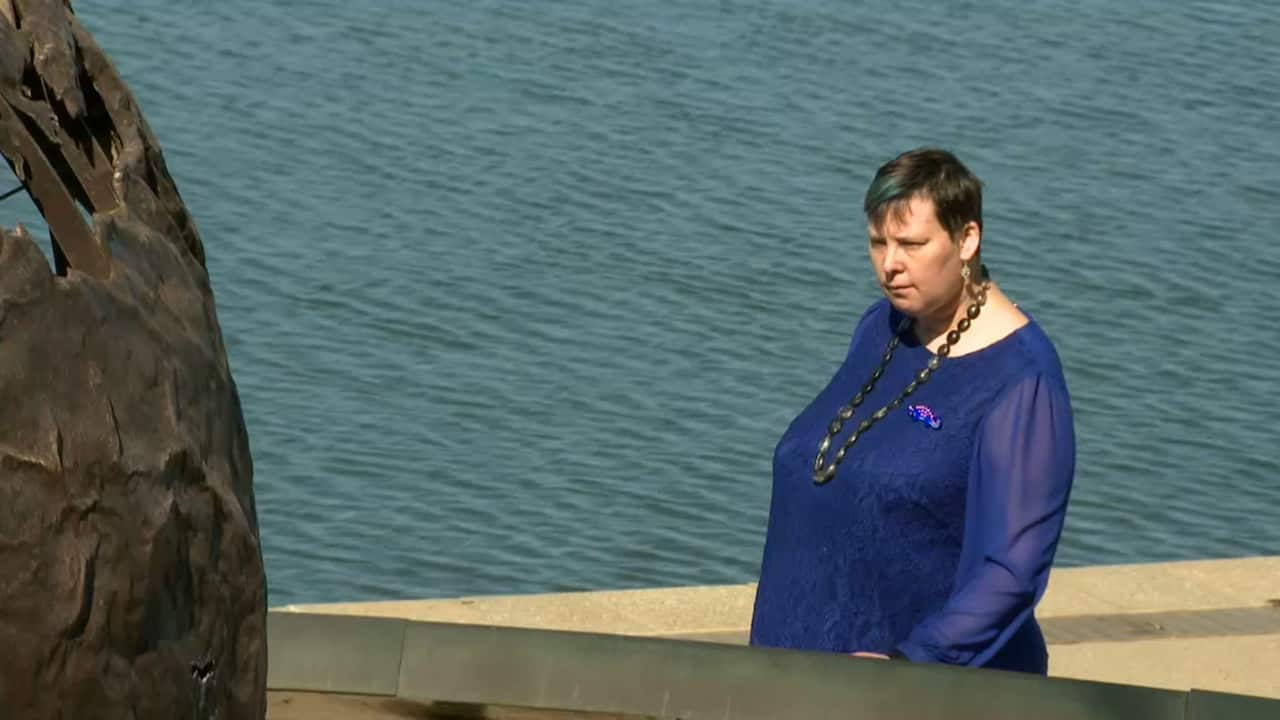Yenn Purkis was diagnosed with autism and atypical schizophrenia more than two decades ago and faced years of bullying as a child, as well as discrimination in adulthood.
“I went through school and I was bullied the whole way through as an autistic person and that is still common for autistic kids, which is not acceptable,” Purkis said.
Purkis' experience is not isolated with a new report from the Australian Institute of Health and Welfare (AIHW) revealing the Australian Human Rights Commission received more complaints in 2017-18 about disability discrimination than about any other form of discrimination, including race and sex.
Nearly half of complaints (42 per cent) were about disability discrimination, a quarter (27 per cent) was about sex and 14 per cent was about race.

The Australian Human Rights Commission received more complaints in 2017-18 about disability discrimination than about any other form of discrimination. Source: AIHW
For Purkis, discrimination was evident in the workplace later in life.
“I struggled at work. My first job was in a workplace where I was taken advantage of because of my autism and because of how I presented and how anxious I was about getting shifts."

Yenn Purkis experienced years of discrimination as a result of her disability. Source: SBS
“When I was in my early twenties I had some involvement in the criminal justice system and that actually involved a lot of structural discrimination and that was a very difficult thing."
“I had a book launch because I’m an author… and a woman came up to me at the end and said, ‘You don’t have to say you’re autistic, you could pass for normal.’"
“I’m sure she thought she was being very helpful, but it was actually very insulting and rude.”
Calls for change
One of Australia’s leading disability rights groups is calling for an overhaul of the country’s disability discrimination act.
“The government needs to review the disability discrimination act to increase its effectiveness because, clearly, it is not currently working,” People With Disability CEO Jeff Smith said.
“We need to strengthen its enforcement, broaden its remit so it tackles systemic discrimination and better facilitate the making of complaints by people with disability so they have effective access to justice.”
The Disability Discrimination Act 1992 makes it unlawful to discriminate against a person in areas of employment, education, housing and more because of their disability.
The AIHW report also found people with a disability are much more likely than other Australians to face violence, poor health and unemployment.
About half of the 4.3 million Australians with a disability (47 per cent) have experienced violence compared with 36 per cent of those without a disability.
Adults living with disabilities are six times more likely to rate their health as poor or fair and two times more likely to be unemployed.
Mr Smith said the report’s findings do not come as a surprise.
"There are some extraordinary statistics in this report, but sadly they echo what we already know - that people with disability in Australia are not getting a fair go, whether that be at work, in health or access to mainstream services.”
“Many people with disabilities face huge barriers in getting work, which means they are being forced onto Newstart and into poverty.”
Mr Smith said the would provide an opportunity to start a conversation about how to reduce abuse and inequality.
But, he said, the inquiry cannot be the only mechanism fighting for change.
“We have real concerns there is an abiding need to have a deeper understanding of issues facing people with disability.”
If you are seeking information or help about violence or abuse you can contact 1800RESPECT (1800 737 732), the National Sexual Assault, Domestic Family Violence Counselling Service (1800 737 732) or the National Disability Abuse and Neglect Hotline (1800 880 052).



